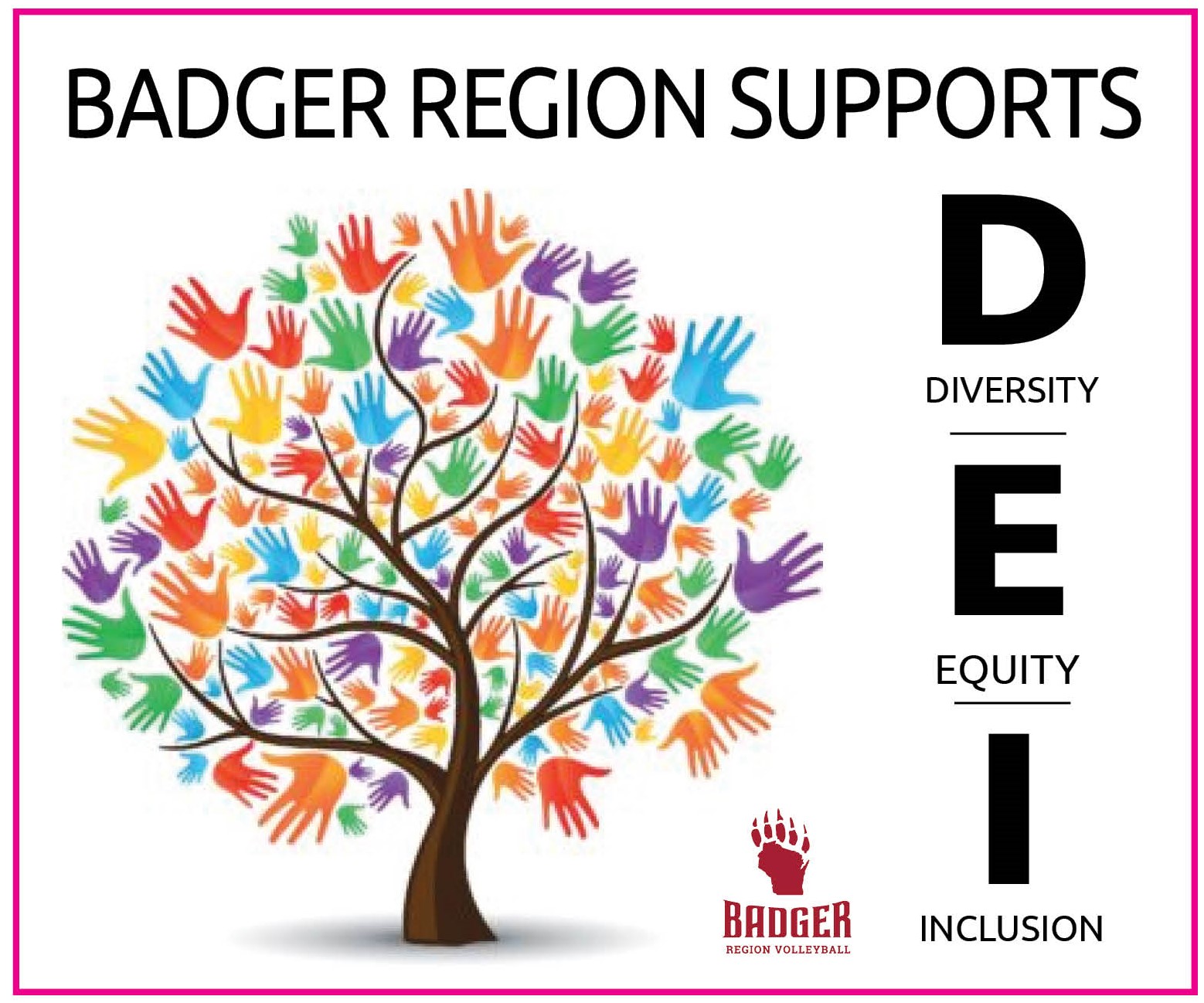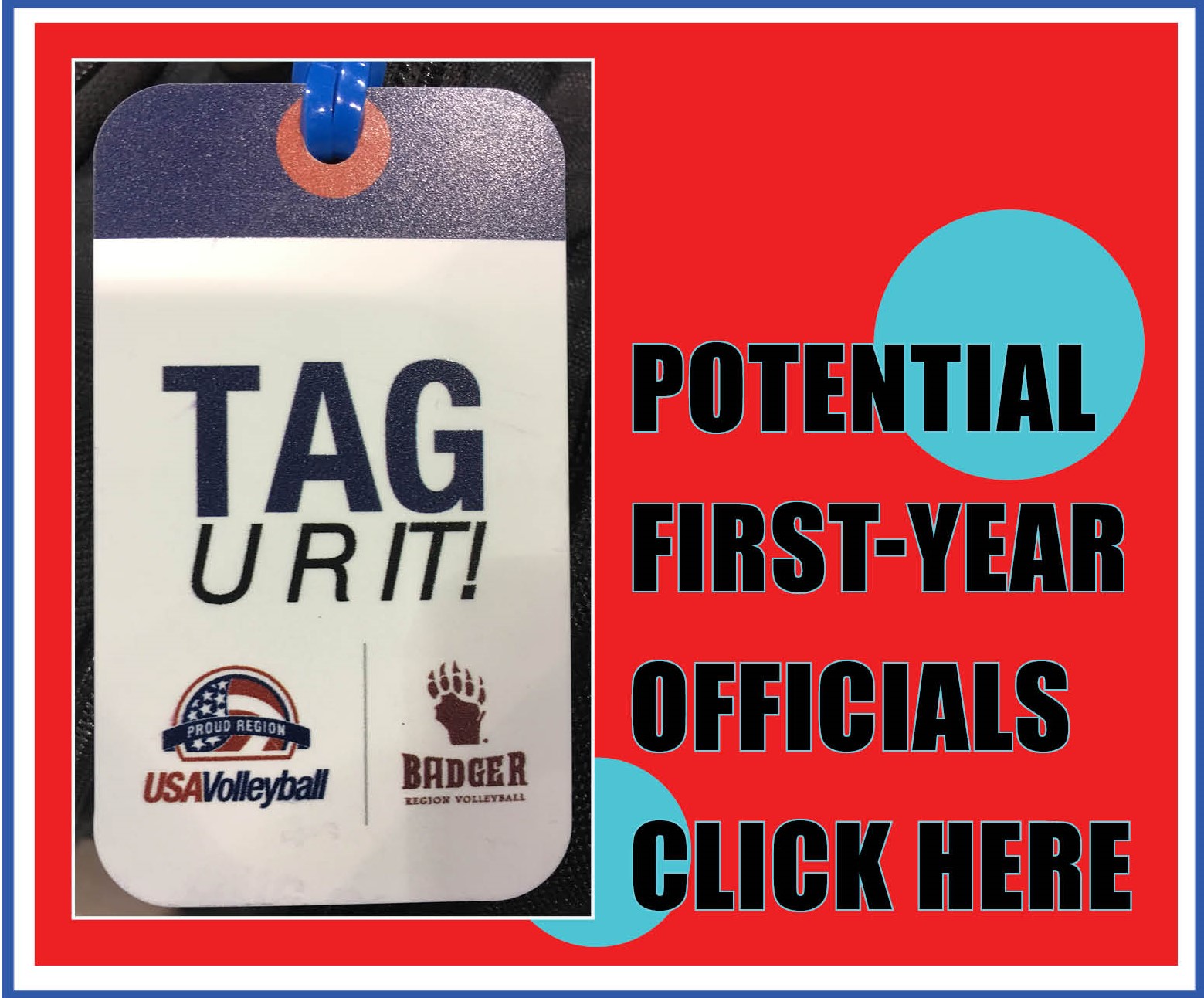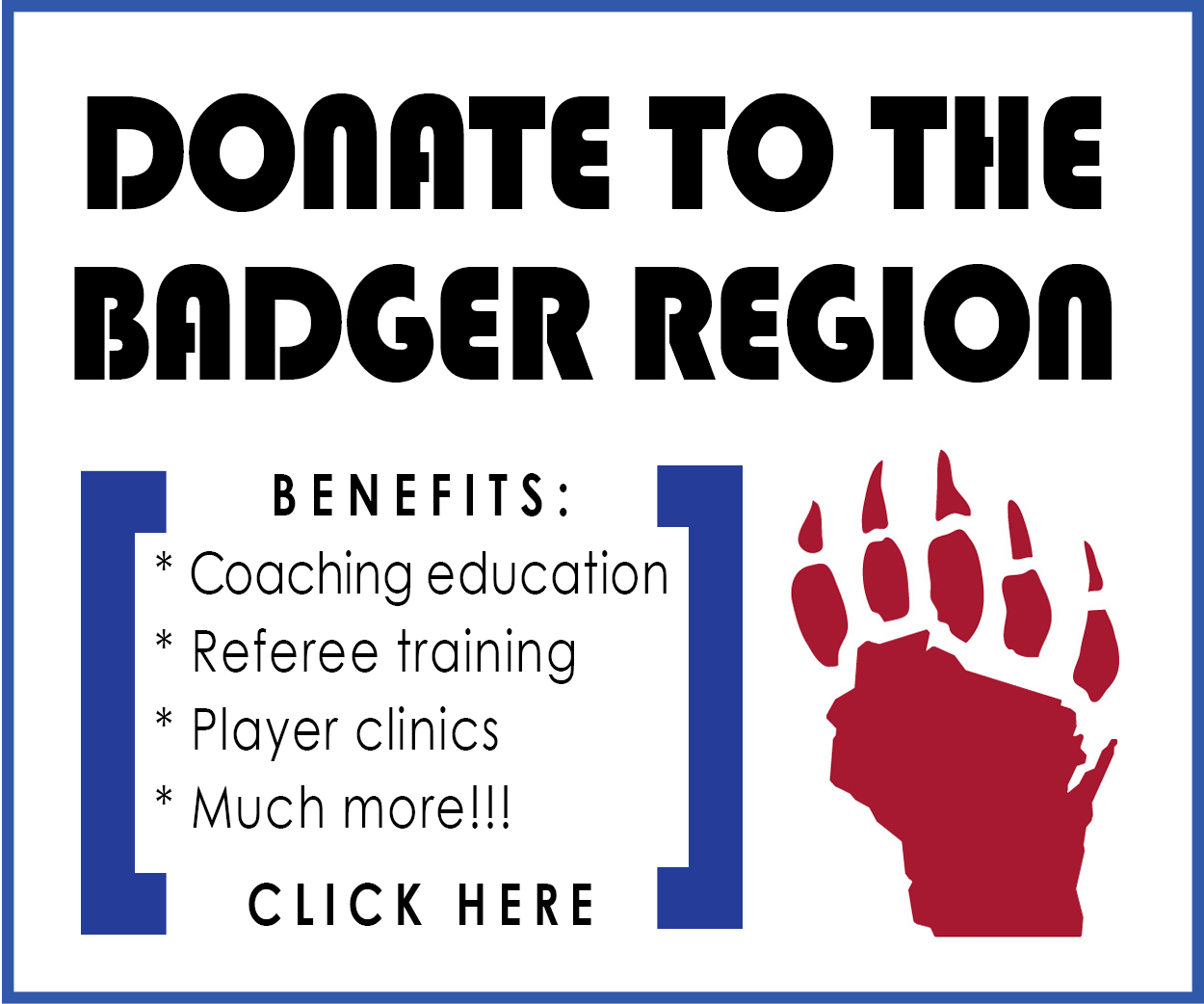Neill Luebke isn’t afraid of wearing his passion for volleyball on his sleeve – or on his ride.
The license plates of his gray pick-up truck have the customized letters “VB REF.”
Luebke, a retired endodontist, certified as a volleyball official in 1979 and hung up his whistle in 2010. In 2013, he was honored with title of emeritus referee thanks to his illustrious career and leader in the volleyball community.
Along the way, the Iowa native found his way in the late 1980s to Marquette University, where he was chairman of the Department of Endodontics at the Dental School.
From there, Luebke developed deep roots in Wisconsin by not only serving on many boards and academic groups, but by working his way up the officiating ladder (no puns intended).
A slow process
By the time he had moved to the Badger state thanks to landing a position at Marquette, Luebke was an International Official and former Head of Officials in the Iowa Region.
His connections at USA Volleyball and other Regions grew more expansive with every match, both domestic and international, that Luebke officiated.
Each year, Luebke, along with all the other officials in Wisconsin, were required to donate two matches to their governing organization. At the time, that was the Great Lakes Volleyball Region, based outside of Chicago where it still oversees thousands of players, coaches and officials in northern Illinois today.
But something didn’t sit right with Luebke and the other officials who wanted to see more done for them and the sport in the state of Wisconsin.
“It didn’t make sense that we had to drive to Chicago for all of this when we could be doing all of this closer to home,” Luebke said in an interview with the Badger Region in April of 2019.
With the help of a few individuals in his rich network, Luebke’s vision of a stand-alone region in Wisconsin began to take shape.
The onetime Olympic official reached out to Jim Plaisted, a director at North Shore Milwaukee Volleyball Club and well-connected businessman to help lead the initiative. He used a reference from then Marquette University basketball coach Al McGuire to contact Joel Andrasek at Referee Magazine, who would also be helpful in the early planning stages.
In addition, he tagged Leif Storvik as the first Referee Chair in the Region and emphasized that he work with the high school officials to bring them on board to support the growth of the club volleyball scene.
The pieces were coming together
Plaisted called the first meeting together in the back room of a bar on the north side of Milwaukee. In attendance were Cliff Lapp (wife also listed), Plaisted’s friend Kay Schaktke, Ted Schulte, Terry Paulson and a small handful of others including Jenny Hahn, Mike Fried and others who were present or supported them from afar.
In the days leading up to the meeting, Luebke worked with Leah Wagner from the Great Lakes Region to build the framework for the Badger Region, which in essence was a resurrection of the defunct Lakeland Region, which tried to gain traction a few years earlier but had dissolved.
At about the same time that the Badger Region was taking shape, what is now the Gateway Region (St. Louis area and southern Illinois) had broken off from the Great Lakes Region.
And with Luebke leading the charge at the Regional Volleyball Association meetings in May of 1994, the Badger Region was recognized by USA Volleyball as the Wisconsin Chapter of the sport’s governing body.
Later that year, the formal Articles of Incorporation were signed by Luebke and fellow board members on Sept. 6, 1994, just in time for the start of the club season that would start later that year.
Right people in the right places
Kay Schachte of Madison served as the first secretary for the Board of Directors and drafted the original articles for the Badger Region Volleyball Association.
“Kay’s documents were impeccable,” Luebke recalled. “We couldn’t have gotten things going without her organizational skills and legal knowledge.”
Early on, the Badger Region received some mentoring from the Great Lakes Region and their leader, Leah Wagner, to help the new board develop bylaws, policies and structure.
“Once we officially became a Region, that is when more people were ready to jump on board and start helping out,” Luebke said.
Former Tournament Director Terry Paulson, who was the Wisconsin representative to the Great Lakes Region before the Badger Region existed, also supported the separation with his wife Nancy, whose name also appears on the original statues of the Badger Region.
The names that appear in the Articles of Incorporation include:
- Neill Lueke (President) — Brookfield
- Cliff Lapp (Vice President) – Green Bay
- Kay Schachte (Secretary) – Madison
- Joel Ehrendreich (Treasurer) – Glendale
- Mike Fried (Board Member) – Whitefish Bay
- Jola Godwod (Board Member) – Green Bay
- Jenny Hahn (Board Member) – Milwaukee
- Nancy Paulson (Board Member) – Racine
- Jim Plaisted (Board Member) – Milwaukee
Luebke wanted to make sure that everyone in the room knew they had a voice at the table.
“People would come in and say ‘I’m just an observer,’ and I would say, ‘No, you’re not,’” Luebke said. “We wanted to hear what people had to say, that way we at least had to think about it and get different perspectives.”
It grew from there
Once the right people were in place, Luebke watched as early formations of the Badger Region Power League began to take shape, and more and more clubs began to pop up.
Tournaments started to become more popular at locations such as Center Court, and teams from Illinois began coming up to Wisconsin for events.
After his tenure as the Region’s first commissioner were up, Luebke handed over the reins to Plaisted, which he said “was the perfect transition.”
Jenny Hahn became the first official staff member that Luebke and Plaisted hired to direct the Badger Region, which was run out of her house for many years.
So when asked if he ever envisioned the Badger Region growing to five full-time staff members and close to 13,000 members, he said, “I knew it had the potential to.”
The game evolves
During the last 25 years, of which Luebke led the Region for a handful of years, there were a lot of changes to the game itself and the volleyball landscape that he helped oversee.
Admittedly, Luebeke let others handle the evolution of the game from a coaching and directing perspective, while he focused on the rules of the game and how it was officiated.
One of which was changing the game over to rally scoring as opposed to the sideout scoring that many people grew up being accustomed to.
The change first happened on the beach, and it wasn’t an easy change for some people, he said.
Another switch that Luebke oversaw in his position as Rules of the Game Commission Chair at USA Volleyball was the switching of signal sequences.
In the current model, officials signal which team won the point, and then how the play ended. Prior to that, the signals were just the opposite.
“People wanted to know who won the point, not how it ended,” he said. “It just made sense.”
One way to help train the growing number of officials was by partnering with the Special Olympics, something the Region did in the late 1990s.
At their events, Luebke and other elite level officials were able to work with officials on signals, mechanics and decorum, in a low-stress environment.
“We loved this opportunity, and glad to see we are still using it,” he said.
For all his service to the officials’ community, Luebke received the Glen G. Davies Referee Service Award in 2004.
Other hopes for Region
As a founder of the Badger Region and a Leif Storvik Award winner, Luebke knows what it was like to have to overcome obstacles, especially to get to where we are today.
While a lot of great things have evolved over the last 25 years, Luebke sees a few things in the Region that he would like to see addressed in the near future.
The first is decorum.
Another is overcoming our geographic hurdles
“Volleyball is growing everywhere, and we have to make sure that in the northern parts of the state that their needs are being met to help it grow,” Luebke said.
Luebke is looking forward to what is next for the Region as it continues to leave its mark on the national volleyball community
“The Region should be proud of the people who are representing us and working for volleyball at the national level and everywhere else.”


